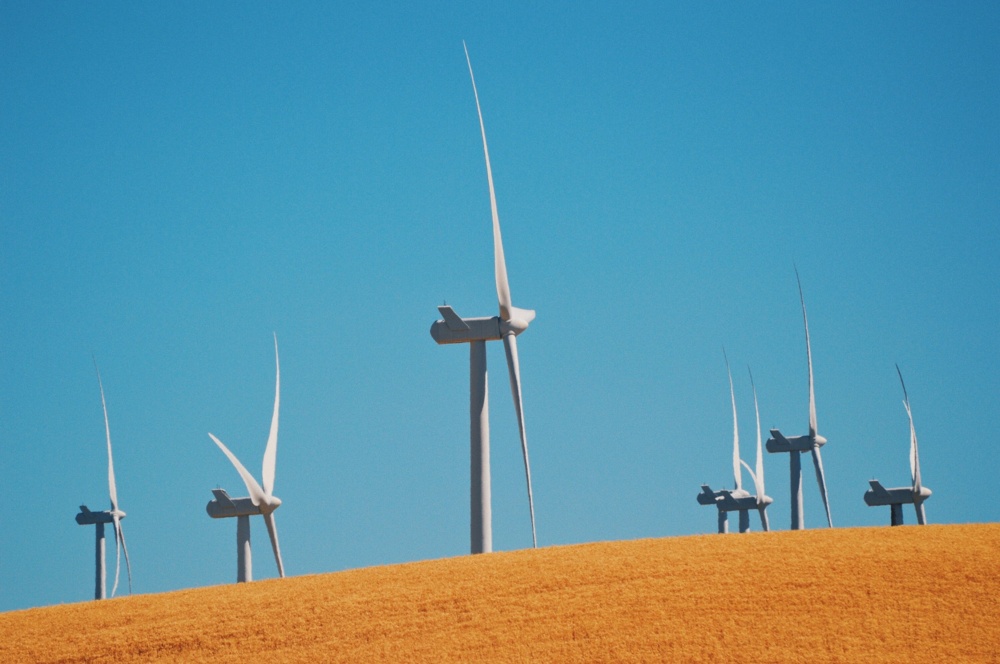
The deniers are wrong: climate action is an economic gain
This is the first part of a new series of blogs exploring EJF’s new climate manifesto in detail, starting with the evidence that climate action is the best investment we can possibly make. The manifesto is a roadmap to a sustainable future: read it in full here.
The tactics of climate science deniers are changing. No serious person now opposes the overwhelming consensus that the human-driven climate crisis is real, so deniers and fossil fuel companies have taken a leaf from big tobacco’s playbook. They have shifted to downplaying the scale of the problem, arguing for voluntary targets which have been shown not to work, focusing on the alleged expense of action to tackle this existential threat, or perhaps most cynically, making it your problem, requiring your action, not theirs.
But this argument doesn’t stand up to scrutiny. Action on climate is not a cost. It is the greatest investment in human history. For example, renewable energy is already one of the fastest growing industries in the world: in the US alone, over 100,000 jobs were created in the sector from 2015 to 2019, representing more than a 25% growth in the renewable energy workforce. The contentious proposed coal mine in Cumbria has been lauded by some for the fact it may bring 500 new jobs to the area; renewables could deliver 9,000.
Taking a global view, the rise of renewables seemed unaffected by Covid-19, with 7% growth in 2020 despite lower global energy demand. Significant numbers of people can benefit from this growth; the International Labour Organisation predicts that the action needed to meet the Paris Agreement will create 18 million net new jobs around the world by 2030.
Even more compellingly, renewables are already outcompeting fossil fuels on cost, and that’s despite a dramatically uneven playing field. The International Monetary Fund estimated that US$4.7 trillion was spent on fossil fuel subsidies in 2015. This is $640 for every single person alive on the planet that year; imagine the transformation we could see if that were reallocated to renewable energy.
The technology is ready now. We can shift our energy production into low- and zero-carbon methods, providing jobs and cheaper electricity, slashing emissions and making real progress on climate justice. Beyond energy, progressive policies to tackle the climate crisis, such as much higher frequent flyer taxes and putting a high price on carbon, can provide further income to redefine our economies from carbon-dependent to sustainably within the planet’s boundaries.
The economic case for climate action is irresistible, but the urgency of the situation is thrown into even sharper relief by the staggering cost of inaction. The climate crisis is predicted to shrink G7 economies twice as much as Covid-19, and India’s economy is expected to shrink by a quarter.
The human cost of climate breakdown is likely to be devastating, with hard-won human rights and economic development undone, millions of people forced to leave their homes, and an intensification of threats to peace. Those first and worst affected will be those who did least to cause the crisis, but it will affect everyone in every country.
To avoid this, we need a ‘whole of government’ approach which integrates mitigating and adapting to global heating into every political portfolio. It should be pushed forward by ambitious visions from heads of government and using the full capacity of executive authorities. It’s time to move away from failed historical approaches, which segregate environmental action into separate ministries or small parts of broader responsibilities. We must now put climate action at the top of every agenda.
Ending the age of fossil fuels will mean a safer, cleaner, healthier and more sustainable planet for us all. Environmental justice - the equal right to a secure and healthy environment for everyone, in a world where ecosystems thrive - cannot be achieved without it. It’s time for world leaders to match their rhetoric with ambition and urgency, to capitalise on the greatest investment in human history, and for sustained, effective climate action.
SIGN UP FOR OUR EMAILS AND STAY UP TO DATE WITH EJF